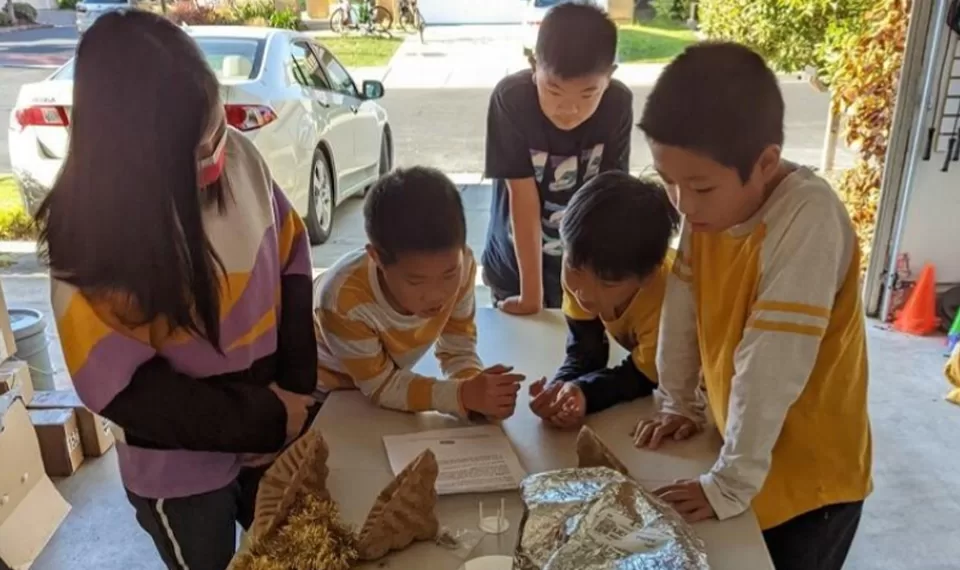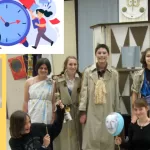Team Tip: Breaking Out Team Member Roles and Jobs
If your team can handle it, here is a way they can each become experts on specific, important parts of solving the Long-Term problem. All team members should become experts on the LT problem that they are solving by reading it and referring to it over and over.
PROGRAM GUIDE Expert (1-2 team members)
- Reads the Program Guide cover to cover. There are updates added every year.
- Doesn’t know everything, but knows where to look
- There is good information about Style in Chapter III
- The most important chapter is Chapter V: Rules that Apply to All Problems
- There are important definitions in the Glossary
SCORE Expert (1-2 team members)
- Refers to the Scoring section (D) of the LT problem often.
- Knows which elements are receiving score and HOW they are being scored.
- Objective scores are those with 0 or 5 pts, and the team gets those points by completing the task. Subjective scores have a range of points and are scored by the judge’s opinion.
- Knows the definitions from the Problem Glossary or Program Guide Glossary that are in the Scoring section (words like “appears,” “creativity of overall engineering,” “prop”)
- Responsible for filling out the Team’s Required List (a formatted form to download will be available in the Member Resources area in January). It is described at the end of section B.
CLARIFICATIONS Expert (1 team member)
- Monitors the Clarifications area on odysseyofthemind.com
- Reports any new public clarifications posted for the LT problem. These can sometimes change the way the team originally interpreted the problem and may force the team to rethink some of its solution ideas.
- Writes in for a private team clarification when the team isn’t sure if their idea will satisfy the problem’s requirement. Needs to know the Membership # and Zip Code to login.
- Keeps copies of any private team clarification(s) that allow the team to proceed with their idea(s).
COST Expert (1 team member)
- Knows the Cost Limit in section B. Limitations, #4.
- Knows which materials have Assigned Costs and which materials are Exempt from cost by reading the “assigning cost” section near the end of Chapter V in the Program Guide.
- Can receive help from adults (without penalty of Outside Assistance) when trying to assign garage sale value to items, if they have no experience with garage sales.
- Keeps a log (and possibly receipts) of items purchased for the team’s solution.
- Estimates the value if only a portion of the purchased items are used. For example, if only half of the bottle of tempura paint costing $5 was used, they would put $2.50 on the cost form.
- Fills out the Cost Form which can be downloaded from Member Resources without logging in. I suggest using the Excel version which automatically totals the costs. If you need a 2nd page, put “subtotal from page 1” as your first entry on the 2nd page and continue.
Everything that the judges see in the performance should be listed on the cost form. It is helpful to list things in categories (for example each of the materials used in costumes, then scenery/props, etc.) Even exempt items are listed with a cost of $0. Cost of tools to make things, and cost of materials of early versions/unused ideas are NOT part of the team’s cost form or cost limit.
STYLE Expert (1-2 team members)
- Knows the 2 required Style elements listed in section F of the problem
- Reads the Notes on Style Webinar and/or watches the webinar
- Reminds the team to keep creating ideas that enhance their theme or storyline
- Begins drafting the Style form early (one month before the tournament). See tip for writing the paragraph at the end of Notes on Style Webinar. The Style form can be downloaded from Member Resources without logging in. I suggest using the Word version. It must all fit on the front side of the form.
- Knows what is being scored in LT Scoring, section D of the problem and ensures that the 2 Team Choice elements do not overlap with things already receiving score
- Encourages the team to have a 3rd Team Choice item ready to use, if one is not allowed
- Fills out the final draft of the Style form and keeps the original
- Reviews the Style scores (on the Raw Scores) given to the coach at the Qualifying Tournament after the team’s performance. And reminds team that they can make changes to items that had low scores, if the team advances.
Good luck! And remember to HAVE FUN!
Adapted from NoVA North, Region 9, Virginia Odyssey of the Mind






